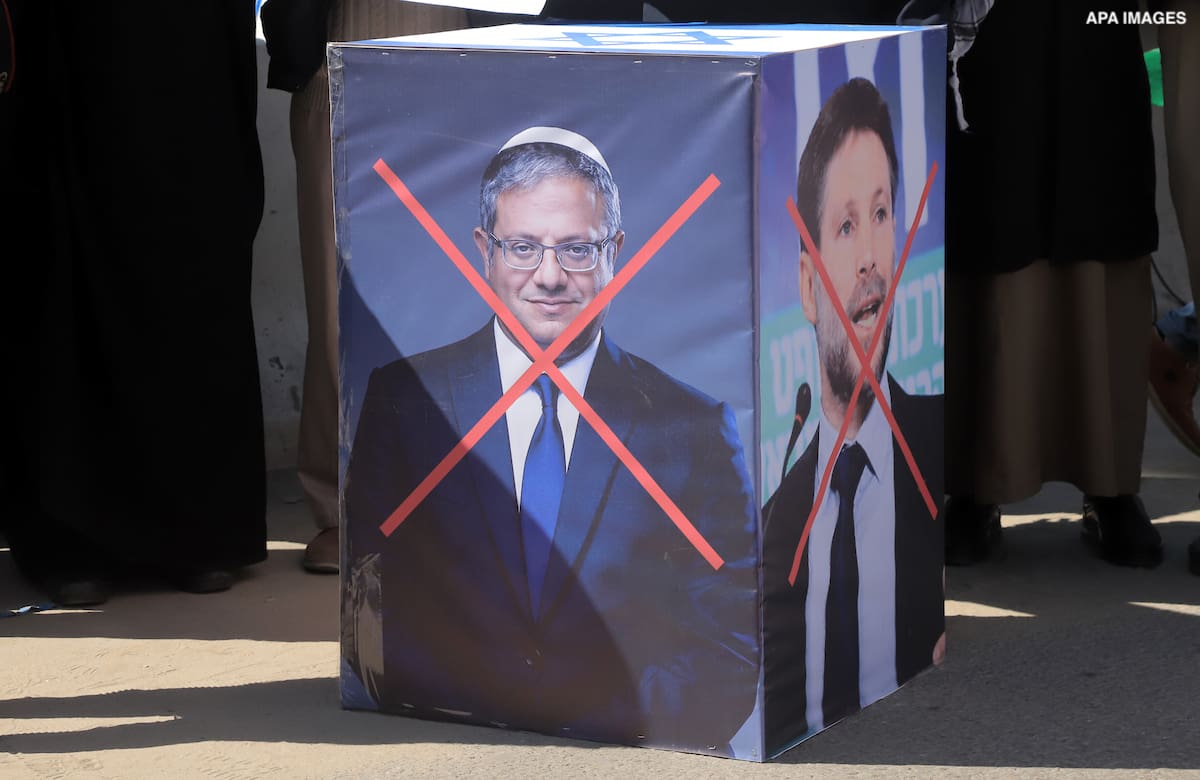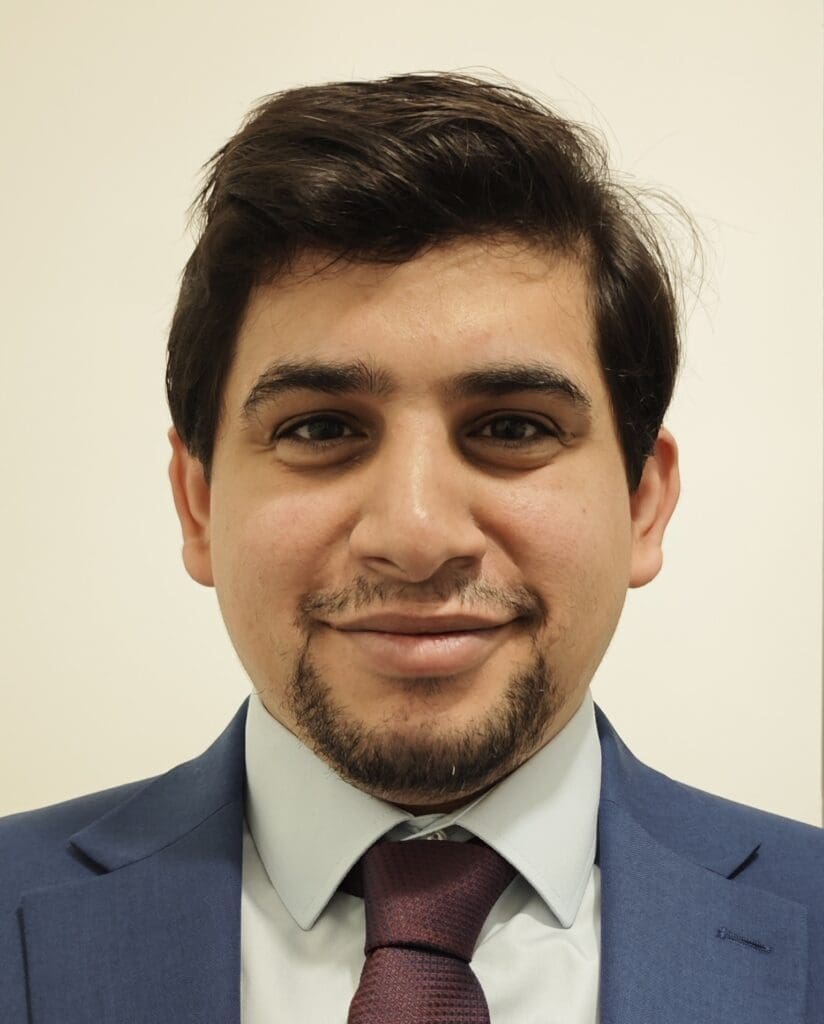
Overview
In March 2023, after months of protests over Benjamin Netanyahu’s controversial judicial overhaul, Israel gave far-right National Security Minister Itamar Ben-Gvir the go-ahead to establish a national guard. The force, to be composed of an initial 1,800 officers and with an operating budget of one billion NIS ($273 million), will primarily assist Israeli police during “security” emergencies. Approval of the national guard has stirred wide-ranging opposition, from a former Israeli police chief to Palestinian human rights organizations.1
Unlike other Israeli forces, the national guard is designed primarily to target Palestinian citizens of Israel. This policy memo examines the emergence of the national guard in order to understand its implications for Palestinian citizens of Israel. It proposes recommendations to relevant stakeholders for how to challenge the new force and protect Palestinians.
Why a National Guard?
The call to establish a national guard has its roots in the Palestinian Unity Intifada. Prompted by Israel’s assault on Palestinian worshippers in the al-Aqsa mosque and its subsequent bombardment of Gaza in May 2021, thousands of Palestinian citizens of Israel protested in cities across the 1948 territories. The protests led to outbreaks of violence and targeted attacks against Palestinians, especially in cities with larger Palestinian presences. For Israel, the widespread and ongoing nature of the uprising required a response beyond the capacity of its police.
Consisting of thousands of police officers and volunteer civilian personnel, the national guard will be tasked with sustaining Ben-Gvir’s long-standing commitment to Palestinian subjugation and erasure Share on X
To quell future Palestinian mobilization and resistance without depleting existing resources, then-Prime Minister Naftali Bennett announced the establishment of the Israel National Guard in June 2022. However, due to government instability and budgetary constraints, the creation of the national guard was stalled until early 2023. In April, the new Israeli government approved the national guard as part of a compromise with Ben-Gvir in exchange for his support to suspend the planned judicial overhaul.
Implications for Palestinian Citizens of Israel
While Bennett’s initial proposal envisioned the national guard as part of Israel’s border police, the approved iteration will fall directly under the supervision of Ben-Gvir’s office. Consisting of thousands of police officers and volunteer civilian personnel, the national guard will be tasked with sustaining Ben-Gvir’s long-standing commitment to Palestinian subjugation and erasure.
Ben-Gvir’s anti-Palestinian positions are well documented. The national security minister was convicted in 2007 of racist incitement and support for the Kahanist terror group, Kach, which advocated for the ethnic cleansing of Palestinians. Since joining the government in 2022, Ben-Gvir has championed motions to impose the death penalty on Palestinians, significantly increase gun permits for Jewish Israelis, grant immunity to Israeli soldiers and police officers from trials and investigations, and broaden the so-called Dromi Law, which legalizes violent “self-defense” of property.
While the jurisdiction of the national guard has yet to be officially defined, it is clear that the force’s primary focus will be on targeting Palestinian citizens of Israel. As national security minister, Ben-Gvir’s portfolio includes the Ministry for the Development of the Negev and the Galilee – areas he has referred to as a security issue and as being in states of “complete anarchy” because of their large Palestinian populations. During his election campaign in 2022, he pledged to restore security to both the Negev and the Galilee.
With the national guard, Ben Gvir is hoping to do just that. Likely to be heavily armed – with both weaponry as well as surveillance tools — the national guard will be utilized to deter and violently disperse Palestinian mobilization across the 1948 territories. In the short-term, Israel’s national guard will undoubtedly be deployed to facilitate the arbitrary arrest, harassment, assault, and criminalization of Palestinian citizens at exponentially growing rates. In the long-term, the national guard threatens to disrupt Palestinian community cohesion and further institutionalize Israel’s system of apartheid. Increasing rates of arrest and detention will only render Palestinians more vulnerable to Israel’s discriminatory policies, including punitive home demolitions, expulsion through deportation, and denaturalization.
Policy Recommendations
In order to challenge Israel’s national guard, the following steps must be taken:
- Palestinians and allies should coordinate specific campaigns calling for sanctions against Ben-Gvir and demand an end to his impunity.
- Civil society groups, activists, and allies must follow the leadership of Palestinian organizations in 1948 territories and raise awareness of the national guard through campaigns that expose it and its leaders for their blatant racism, discrimination, and violence.
- Palestinians from across Palestine should expand efforts to defy Israel’s forced fragmentation and engage in collaborative and strategic organizing.
- Allies and policymakers alike must recognize that Israel’s system of apartheid extends from the river to the sea, and refute any assertions that it is geographically limited to the West Bank and Gaza.
- To read this piece in French, please click here. Al-Shabaka is grateful for the efforts by human rights advocates to translate its pieces, but is not responsible for any change in meaning.
Ahmed Alqarout is a political economy expert specialising in the Middle East and North Africa region, with a focus on great power competition and the political economy of conflicts.











